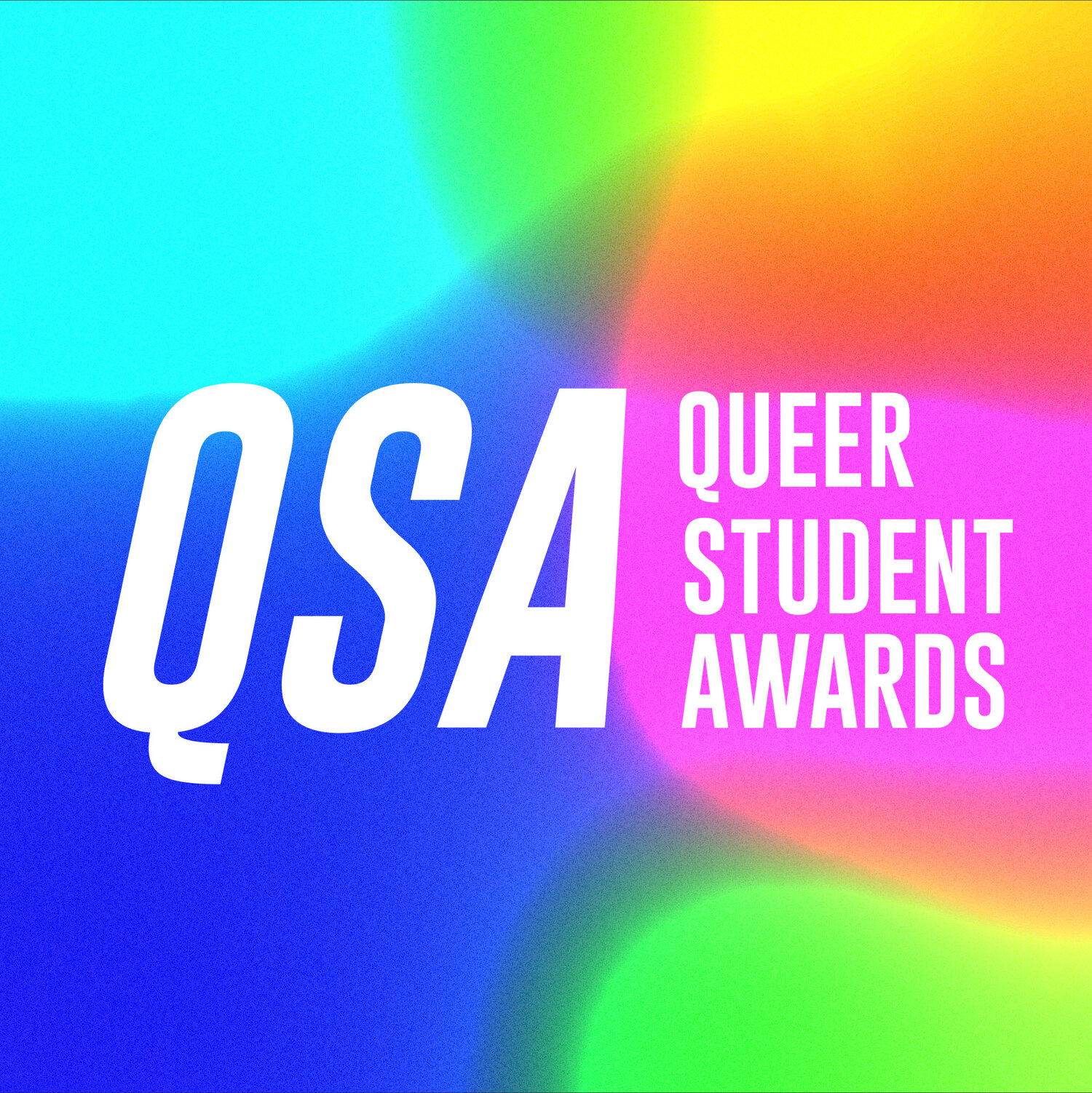Swapping acting for activism.
University of Middlesex lecturer, Dr Robert Vesty, shares the changes they are helping to make within education and the Middlesex community.
Dr Robert Vesty grew up in a working-class household, with two younger straight brothers. For a lot of his life, Robert hid their queerness from those around him and even himself until they found the world of theatre, which became a safe haven for them to explore who they were.
“I grew up in Lancashire in a working-class family, the eldest of three boys. We moved, , after a council house transfer, to rural Essex, on the Suffolk borders. We'd gone from a mill-town environment to a bucolic kind of countryside. It was posh!
Robert was one of 58 school pupils in the village school, it was deeply conservative territory at a time when a really hostile environment for LGBT+ people had emerged through the 80s. “I was 15 in 1998, and Section 28 was being implemented so that schools couldn't teach about LGBT stuff. At the same time I was constantly being told that I wasn't a proper boy because I wasn't behaving in the way that boys behave. I wasn't doing it right”.
Robert admits how they didn’t feel like the working classes were a safe haven. “I found I loved acting. I found some escape through that and a pathway to get somewhere that would feel a bit safer for me.” Robert said.
They said “I was 12, I had gone to the big school and I was being bullied. I think it was all wrapped up in starting to hit puberty and understanding a bit more about myself and my identity, but not understanding it and I was also denying it”.
“The AIDS crisis and a culture of fear was the backdrop to all our experiences growing up - all of us who grew up around that time”.
Robert later came out at 27 as a gay man and after many hurdles in accepting who they were - being bullied in the education system, coming to terms with the idea of coming out and living through the aftermath of the AIDS crisis which devastated so many people’s lives - - all adding to the feeling of not being able to live a truer version of themselves.
“I was living in Brixton in a shared house and I had really supportive housemates and yet I was struggling with how to deal with coming out. I was locked into a very heteronormative way of thinking about family units, couples and marriage. I was struggling with that. I'll tell you what I did - I called the LGBT switchboard.”
“This would have been 1999, I think, when I called them and they really helped me to realize that the support I have was already there right in front of me, and around me. I just needed someone to help me see that it was there. I just needed a little nudge and it was like a domino effect after that really.”
After starting their journey celebrating their queerness, and being supported and embraced by those around them, Robert continued acting in theatre before side-stepping into teaching, eventually completing their MA and then PhD in 2020. Throughout, Robert has been practicing and writing about the power of education and its political potency for social change.
Not only is Dr. Robert a Senior Lecturer in theatre but they are the co-chair of the LGBT+ staff and student network at Middlesex University, where they are hoping to continue the great work that has been happening to make the university a safer place for staff and students. The network has developed tool kits for staff and students on how they can become better allies.
As well as this, Robert has swapped acting for activism by working with community organisations in Barnet - helping to put the LGBT+ communities on the map and celebrating the colorfulness that is within their borough whilst also standing against the culture wars and breaking the heteronormative bubble surrounding them. “We're working with Barnet Council now to get the first Barnet Pride up and running, which is happening on August 20th,” Robert added.
“There's always loads of work to do. At the moment I’m interested to collaborate with those campaigning to bring more widespread attention to anti-harassment , because we're living in a toxic environment subject to discourses that are coming down from our politicians and our media about wokery, culture wars etc.. For example, this idea that somehow drag queens are a threat to the safety of our children.
“I feel really privileged to work in a place that is supporting LGBTQ-plus identities and initiatives at work.”
From hidden to out and proud, Robert has channeled their hardships into strengths and tells queer people to never stop listening. “I would advise active listening, empathic and compassionate listening. Listening is key because what I hear in the world right now is a poor quality listening, people not hearing the words when people speak.”
LISTEN TO THE FULL CONVERSATION WITH DR ROBERT VESTY ON THE PROUD TO BE QUEER PODCAST:
MIDDLESEX UNIVERSITY LONDON ARE THE CATEGORY SPONSOR FOR THE QSA2023 COMMUNITY INITIATIVE OF THE YEAR - see the full shortlist here.

